Dota 2’s behavior system has claimed another high-profile name—Ammar “ATF” Al-Assaf. The outspoken offlaner recently revealed that he had been muted in both voice and text chat after a streak of reported games, prompting widespread discussion across the community.
Known for his aggressive playstyle and equally bold personality, ATF’s interactions in matches often walk a fine line between high-energy competitiveness and controversy. But this time, the system fought back. After a series of games, ATF found himself unable to communicate with teammates in-game, a penalty typically reserved for players with consistently negative behavior reports.
Rather than lashing out or criticizing the system, ATF had a surprising response: “I think the behavior system is working.” The statement, which circulated quickly among fans and pro players alike, marks a rare moment of reflection from a player more commonly known for his brash confidence than public introspection.
The incident has reignited the long-running debate about Dota 2’s player conduct enforcement. Valve’s automated behavior system often draws mixed reviews from the community—some see it as essential to maintaining a minimum level of civility in a notoriously intense game, while others argue it can be exploited or overly punitive, especially in high-stakes, high-emotion matches.
ATF’s case is particularly interesting because it shines a light on the system’s reach: even top-tier professional players are not immune. If nothing else, it’s a reminder that no amount of MMR can exempt someone from the consequences of in-game toxicity.
With ATF still actively grinding ranked matches and streaming to thousands of viewers, it will be worth watching whether this mute serves as a turning point in his approach—or just another story in the colorful saga of one of Dota’s most polarizing personalities.

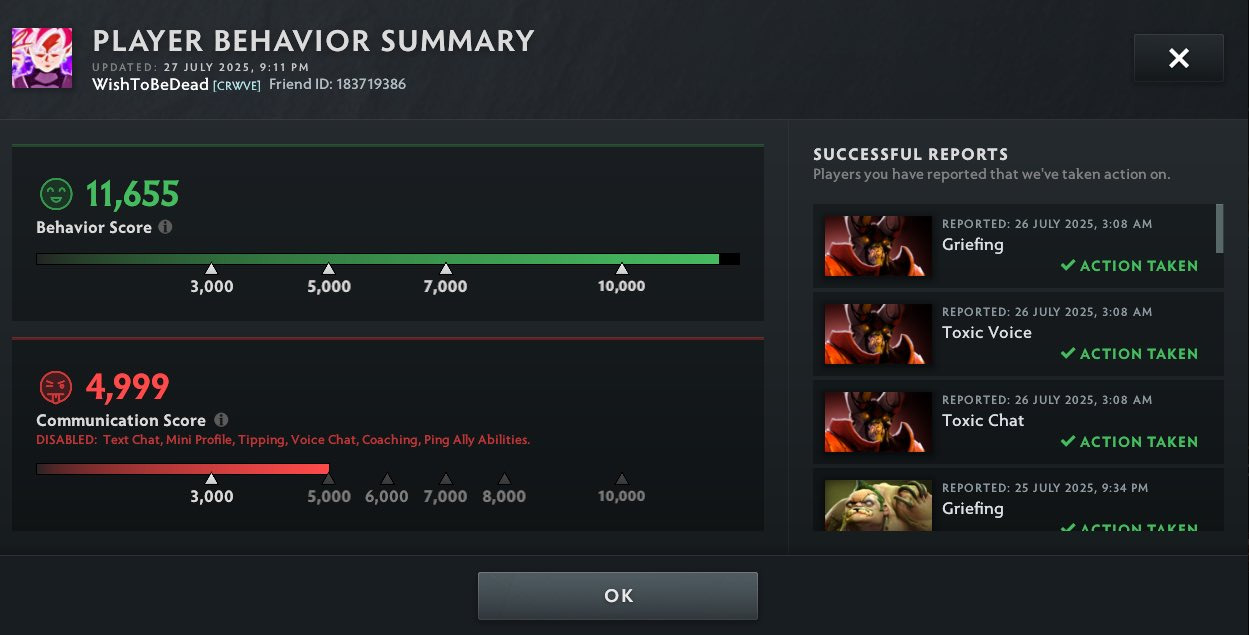


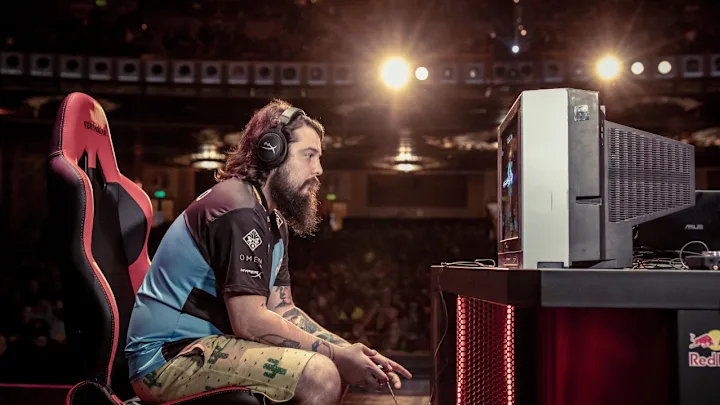


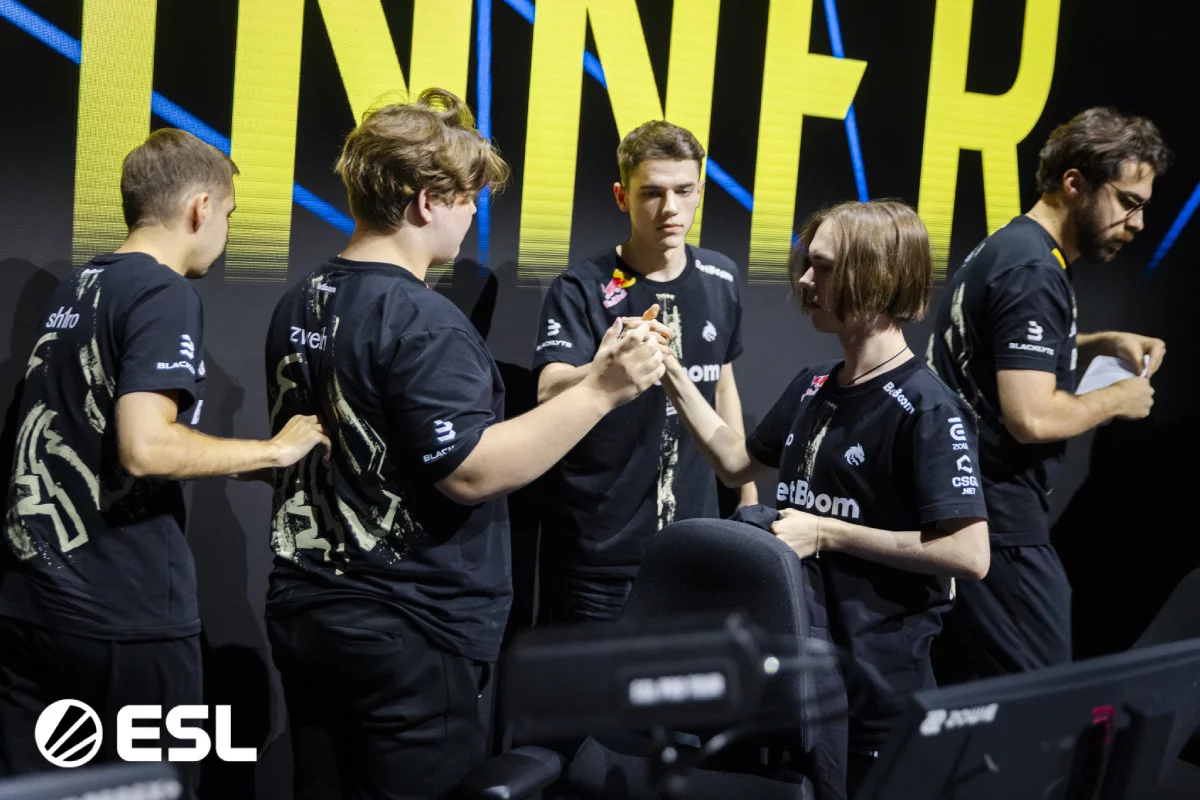

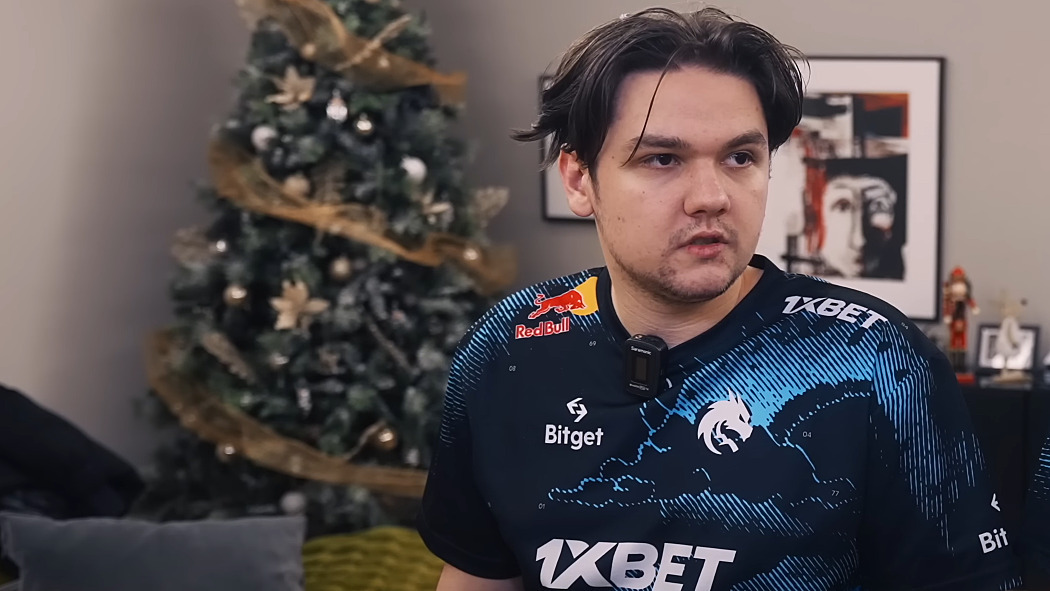
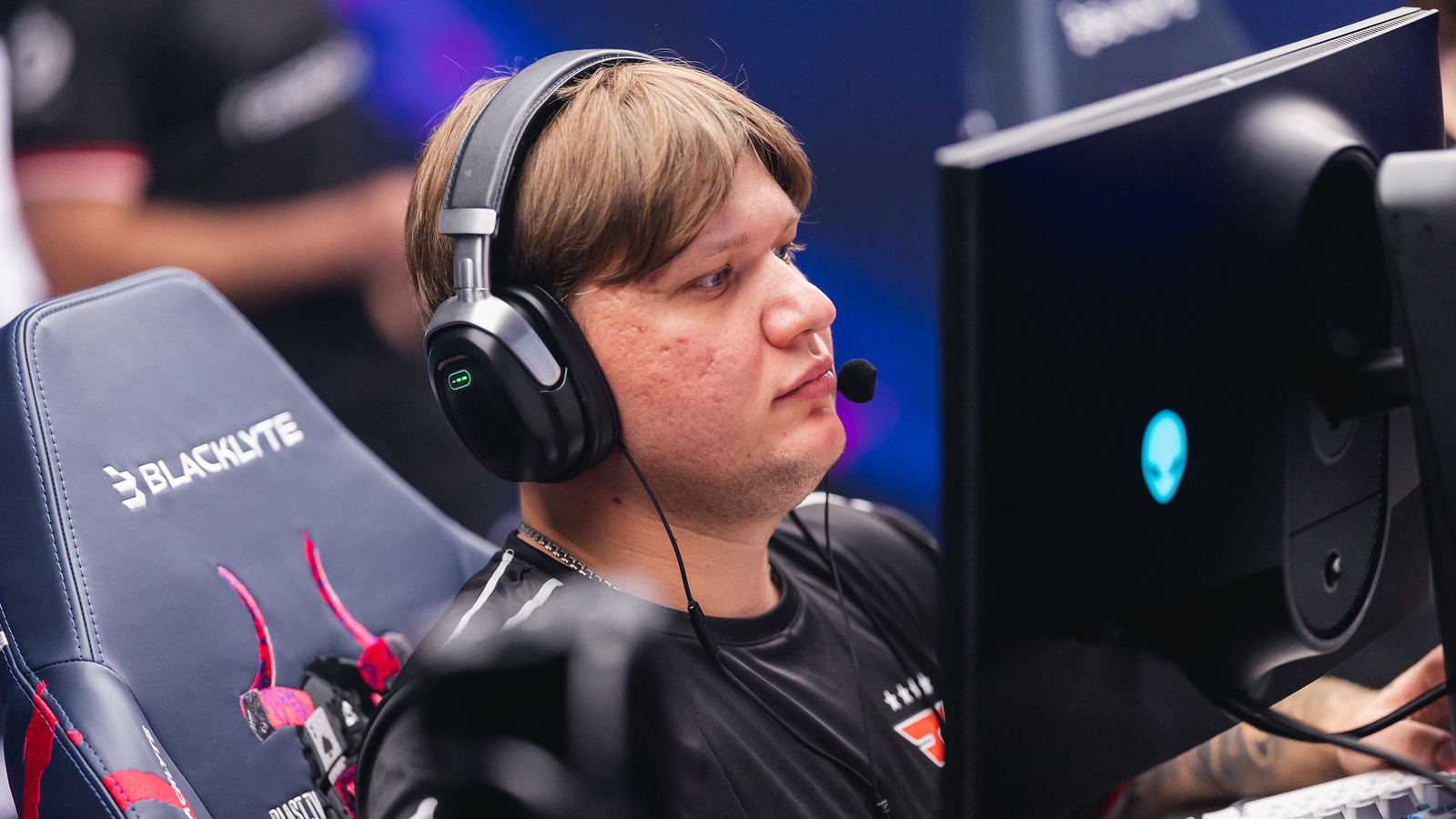
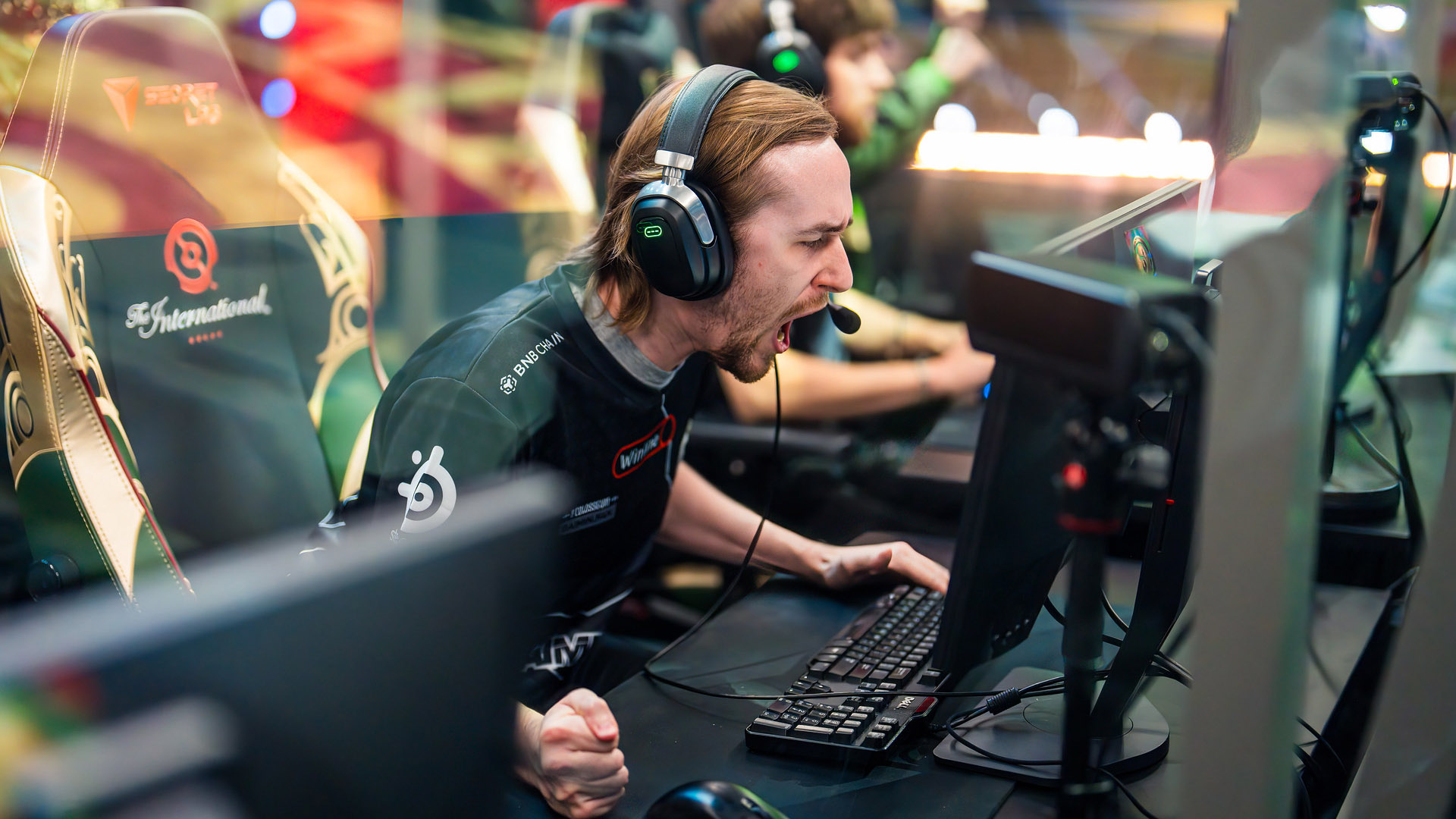




Leave a Reply